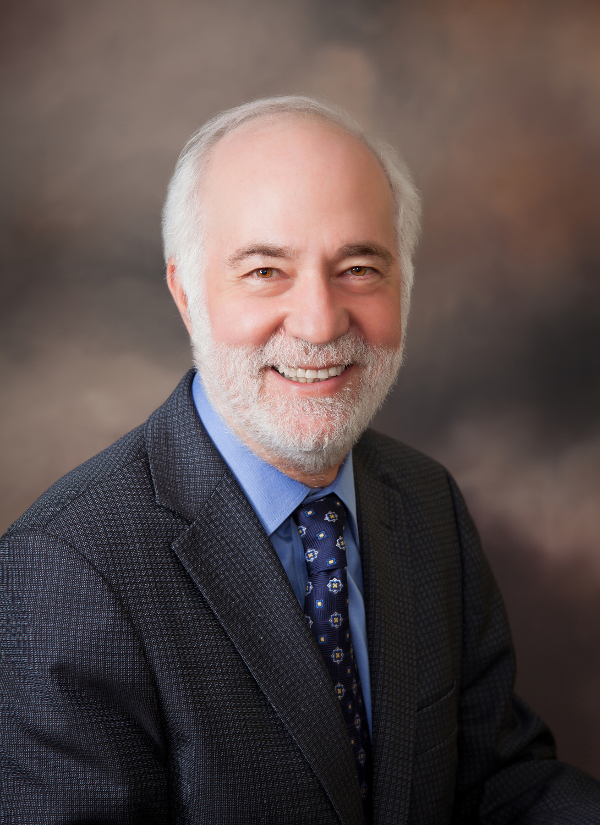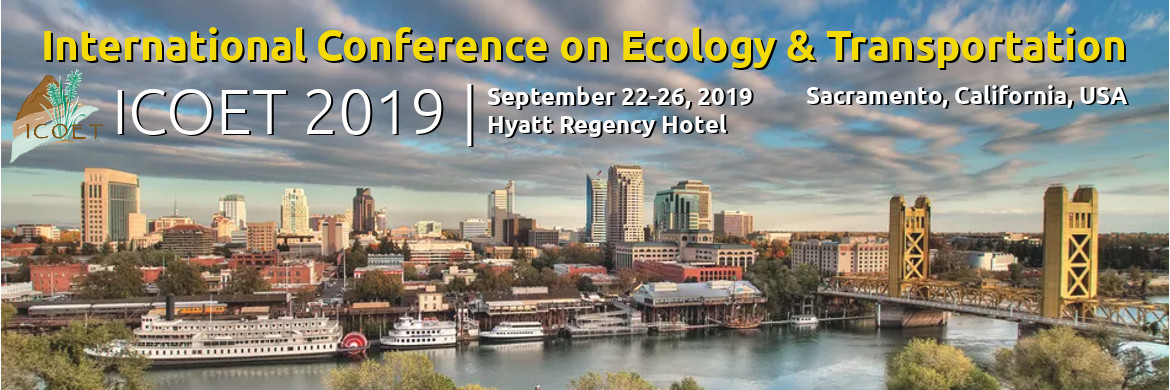 |
Dr. Daniel Sperling is Distinguished Professor of Civil Engineering and Environmental Science and Policy, and founding Director of the Institute of Transportation Studies at the University of California, Davis (ITS-Davis). He holds the transportation seat on the California Air Resources Board and served as Chair of the Transportation Research Board (TRB) of the National Academies in 2015-16. Among his many prizes are the 2018 Roy W. Crum award from TRB, its highest research award; and the 2013 Blue Planet Prize from the Asahi Glass Foundation Prize for being “a pioneer in opening up new fields of study to create more efficient, low-carbon, and environmentally beneficial transportation systems.” He served twice as lead author for the IPCC (sharing the 2007 Nobel Peace Prize), testified 7 times to the US Congress, and provided 20 keynote presentations in the past year. He has authored or co-authored over 250 technical papers and 13 books, including Three Revolutions: Steering Automated, Shared, and Electric Vehicles to a Better Future (Island Press, 2018), is a regular contributor to Forbes, an Energy Expert contributor to Wall Street Journal, is widely cited in leading newspapers, been interviewed many times on NPR radio, including Science Friday, Talk of the Nation, Marketplace, and Fresh Air, and in 2009 was featured on The Daily Show with Jon Stewart. |
 |
Dr. Seth Riley is Wildlife Branch Chief of the Santa Monica Mountains National Recreation Area and Adjunct Associate Professor in Department of Ecology and Evolutionary Biology, UCLA. Seth's research focuses on the ecology and conservation of wildlife in fragmented urban landscapes. Specifically, this includes the behavior and ecology of wide-ranging mammalian carnivores such as mountain lions and bobcats, the effects of fragmentation and roads on the population genetic structure of wildlife (including carnivores, reptiles, and birds), and the effects of urbanization on the diversity and abundance of reptile and amphibian communities. He is well-known in Southern California for his work with mountain lions and fragmentation. He uses camera traps, GPS collars, genetics tools and other approaches to understand and help conserve biodiversity in the mountains around Los Angeles.. He is an engaging speaker describing road ecology and wildlife movement in the vicinity of one of the largest metro areas in the world. |


